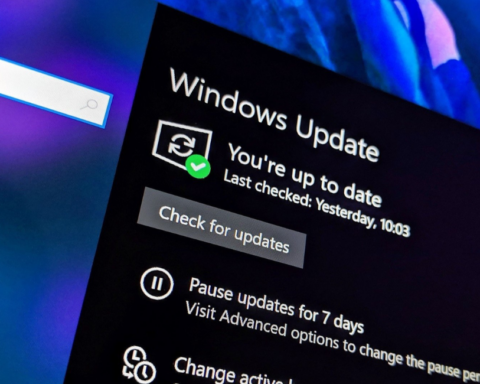Over the last few years, the world as we know it has transitioned almost overnight to remote working. And in the new normal, hybrid working has become widely accepted as the way forward for many organisations. In such scenarios, there is a high reliance on home Wi-Fi, and having a strong and reliable network becomes mandatory to work smoothly through the day.
When working remotely, users need to be aware of the reality that endpoints such as laptops, computers, or mobile phones, connected to a home Wi-Fi network can open the door to security concerns. A small vulnerability in one’s Wi-Fi system can give cybercriminals access to almost all the devices and sensitive data shared and connected over the network.
Amidst this, here are some simple tips to secure home Wi-Fi networks:
Tip 1: Encryption settings must be checked
A common misconception among users is that they can ignore encryption because they believe that all of the traffic on their wireless home network is secure. With the world going digital, and the numbers of online transactions increasing, users need to exercise caution when entering and saving sensitive information like bank passwords, pins, company data, and more. Thus, encryption is always the safest option because it prevents hackers from accessing this information. Hence, it is advisable to refrain from using WEP, (Wired Equivalent Privacy) as the encryption mechanism it employs was entirely cracked many years ago and merely provides a false impression of security. What users can deploy is WPA2-PSK (AES) encryption, also known as WPA2-CCMP.
Tip 2: Get Your Router Updated
Typically, users receive routers from their Internet Service Provider (ISP) as a part of their package agreement which also includes updates. As a result, people frequently overlook the need to update the firmware on their routers on their own. For routers that are over seven years’ old, it is a good practice to patch it right away in order to decrease chances of it being breached. Additionally, one could also invest in a new router, in case updating the same is not possible.
Tip 3: Pick a secure and not-so-simple password
Having strong security measures in place but a password that is easy to guess would be rather futile. Short, simple passwords are often the easiest to guess, and the most cracked. Hence, pick a strong password that uses a combination of alpha-numericals and special characters.
Tip 4: IoT devices must be reviewed
It’s crucial to check the webcams and smart speakers that are currently linked to a network or Wi-Fi regularly. It is always advisable to connect only the gadgets that are absolutely necessary, online. When not in use, turn off all devices. Always update gadgets, and alter any critical settings, such as default passwords.
With these easy-to-follow tips, one can go a long way in helping users to secure their networks. This will also make accessing the internet a much safer activity while at work or during personal / leisure activities.









